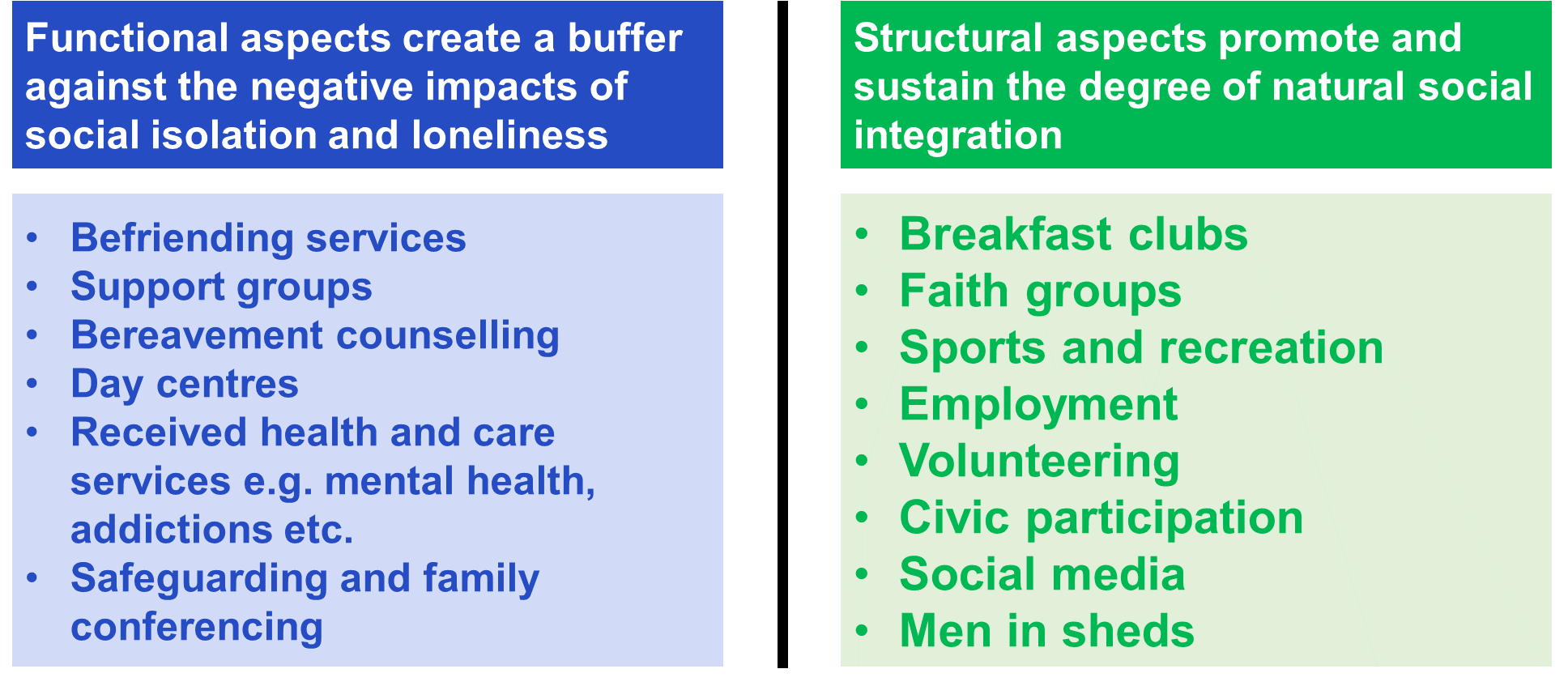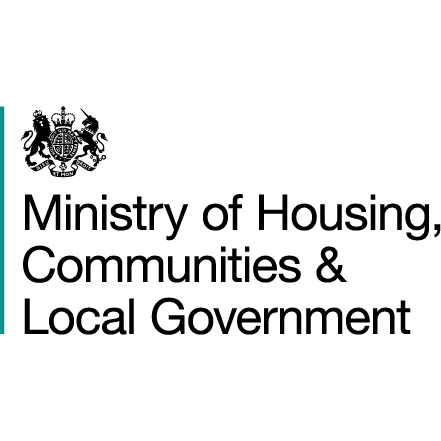The playbook in Portsmouth focuses on supporting the use of a family first approach among frontline practitioners, managers, and commissioners to prevent harms associated with social isolation and loneliness.
The Portsmouth programme is co-sponsored by the Ministry of Housing, Communities and Local Government (MHCLG) who want to use learning from this programme to scope the development of a toolkit to assist local planning agencies and authorities in ensuring both the physical environment and community structures foster connections and empowerment.
Why social isolation is important?
- Weak social connections can be as harmful as smoking 15 cigarettes a day
- Over 1 million older people say they are always or often feel lonely
- Total cost to the UK economy of social disconnection could be as high as £32 billion every year
In carrying out interviews with a wide range of frontline practitioners and residents in three northern wards of the city, it was identified that there had been a focus on functional type of approach buffers against the negative impact of social isolation including signposting to services like befriending groups. A structural approach actively seeks to promote natural social integration and aligns with the move towards preventive care.
This approach goes beyond statutory service provision for the socially isolated and instead endeavours to facilitate meaningful relationships in communities through sports and recreation, faith groups, volunteering, and civic participation. This informed a recommendation in the final report to balance the current functional approach with a structural approach.

In August 2020, BBI co-hosted a live webinar with the Jo Cox Foundation to launch the Portsmouth Action Plan. Please click on the buttons below to view the full report and footage from its launch event!




